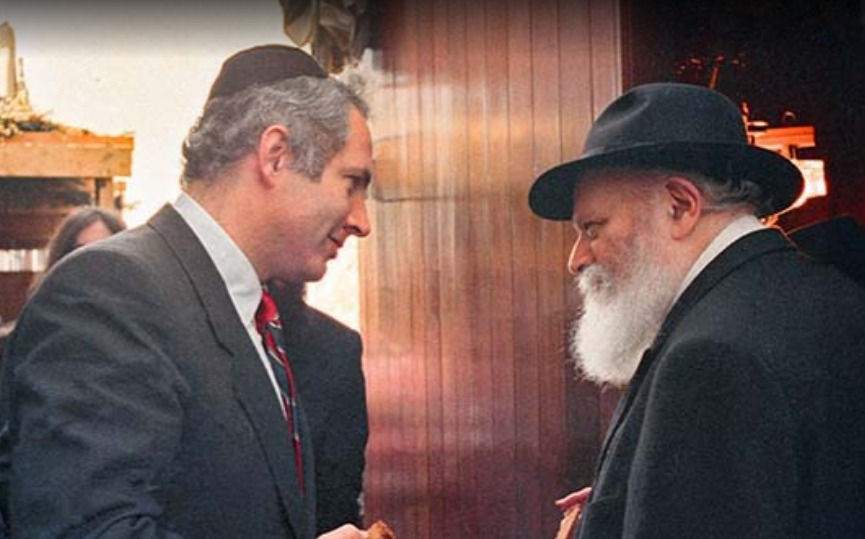Shabbat Elevators: Coming To A Building Near You
- Gedaliah Borvick

- Oct 28, 2012
- 2 min read

Picture this scenario: You find a great apartment in Jerusalem that fits all of your needs but it is located on the fourth floor and the building’s elevator does not have a Shabbat mode. The real estate agent says, “Don’t worry, the majority of tenants are religious; they will convert it into a Shabbat elevator within a year or two.” Should you rely on your agent’s prediction or are those words just wishful thinking?
My partner Eliezer Goldberg, who in addition to being an excellent real estate broker has a company called Heter that helps apartment owners secure building permits, explained the implications of the newly enacted elevator laws:
The law requires that in every new building with at least two elevators, one elevator must be prepared with the necessary mechanism to convert it into a Shabbat elevator.
In buildings with two elevators that were constructed prior to 2011, if one or more apartment owners request a Shabbat elevator, the building must allow the requesting apartment owner to install the computer chip in one elevator and operate it on “Shabbat mode.” However, the apartment owners who make this request must pay to convert the lift into a Shabbat elevator (total cost is about $2,000) and for any expenses incurred when operating the elevator in “Shabbat mode.”
What if a building has only one elevator? In the past, the law required a 75% super majority to approve adding a computer chip to transform it into a Shabbat elevator. Recently, former journalist and current Knesset Member Uri Orbach of the religious Zionist party Habayit Hayehudi successfully campaigned to change the law’s threshold to a simple majority of 50.1%. Those requesting the Shabbat elevator will be required, however, to pay for the computer chip installation and any additional operation expenses. Furthermore, the elevator cannot run all day Saturday on “Shabbat mode” unless agreed upon by all the tenants. Rather, it may only operate in Shabbat mode for part of the day based on the schedule of prayer services.
The lesson is clear: Before buying an apartment in a building without a Shabbat elevator, do your due diligence. But use common sense! When a buyer approaches neighbors prior to purchasing the apartment and inquires about making changes – such as installing the “Shabbat computer chip” in the elevator – the existing apartment owners tend to feel put off and often respond negatively to the request.
A smarter approach is to quietly investigate the percentage of religious apartment owners, as that information should indicate the interests of the building’s tenants. In addition, one should research how many units are rented out to tenants. Owners who lease out their apartment usually approve adding the Shabbat chip as this small improvement offers them a “win win” opportunity: First, it significantly increases the apartment’s rental and resale value as it expands the pool of potential tenants and buyers. Second, the upgrade doesn’t cost the apartment owner anything as all expenses are borne by the tenants should they choose to utilize the Shabbat elevator.
Gedaliah Borvick is the founder of My Israel Home, a real estate agency focused on helping people from abroad buy and sell homes in Israel. To sign up for his monthly market updates, contact him at gborvick@gmail.com.



